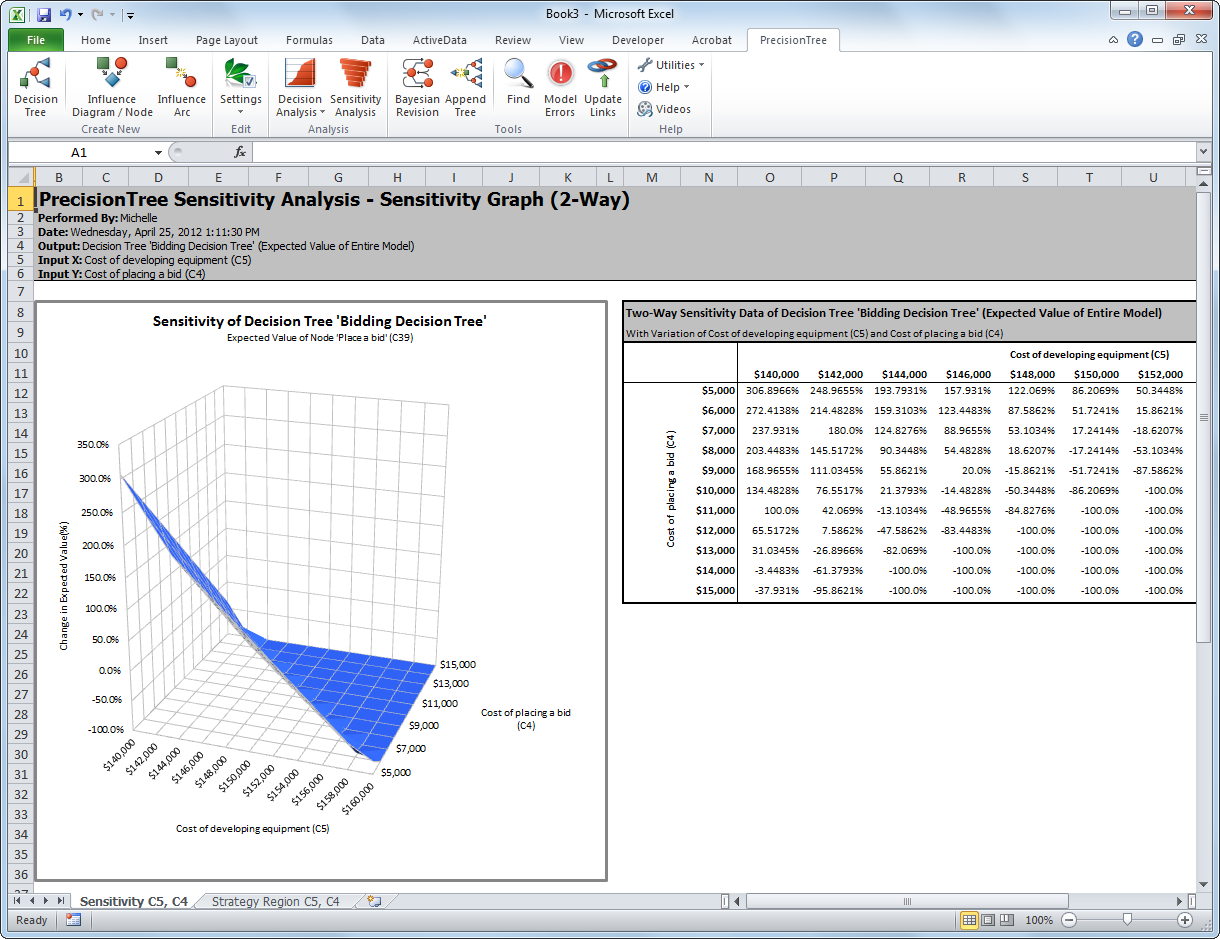

Is the easiest possible decision in the universe! In contrast, choosing one alternative from three or more Indeed, if you think about it … choosing one alternative from two, defined on just two criteria at a time, To think about – so you can have more confidence in your answers! The obvious advantage of such simple questions is that they are relatively easy Time – in contrast to alternative ‘ full-profile’ methods which involve all criteria together at PAPRIKA’s questions are based on ‘ partial profiles’ – beginning with just two criteria at a The easiest possible questions for eliciting preferences PAPRIKA is recognized as a type of adaptive conjoint analysis. This adaptivity means that in some contexts Preceding ones, PAPRIKA chooses another question for you to answer. (MCDM, also known as Multi-Criteria Decision Analysis, MCDA) appears below – involving choosing between ‘projects’ (a genericĮxample most people can probably relate to).Įach time you answer a pairwise-ranking question, PAPRIKA adapts. (in effect, the other criteria/attributes are the same).Īn example of a question in the context of Multi-Criteria Decision-Making Hypothetical alternatives defined on just two criteria or attributes at a time and involving a trade-off

Each question is based on choosing between two you! – answering a series of simple questions,īased on your expert knowledge and subjective judgment. The PAPRIKA method involves the decision-maker – e.g. P Hansen & F Ombler (2008), “ A new method for scoring multi-attribute value models using pairwise rankings of alternatives”, Journal of Multi-Criteria Decision Analysis 15, 87-107.

Potentially All Pairwise Ran Kings of all possible Alternatives. 1000minds’ ‘secret spice’ is a method we invented and named ‘PAPRIKA’.įor reasons that will become clear below, PAPRIKA is an acronym for


 0 kommentar(er)
0 kommentar(er)
